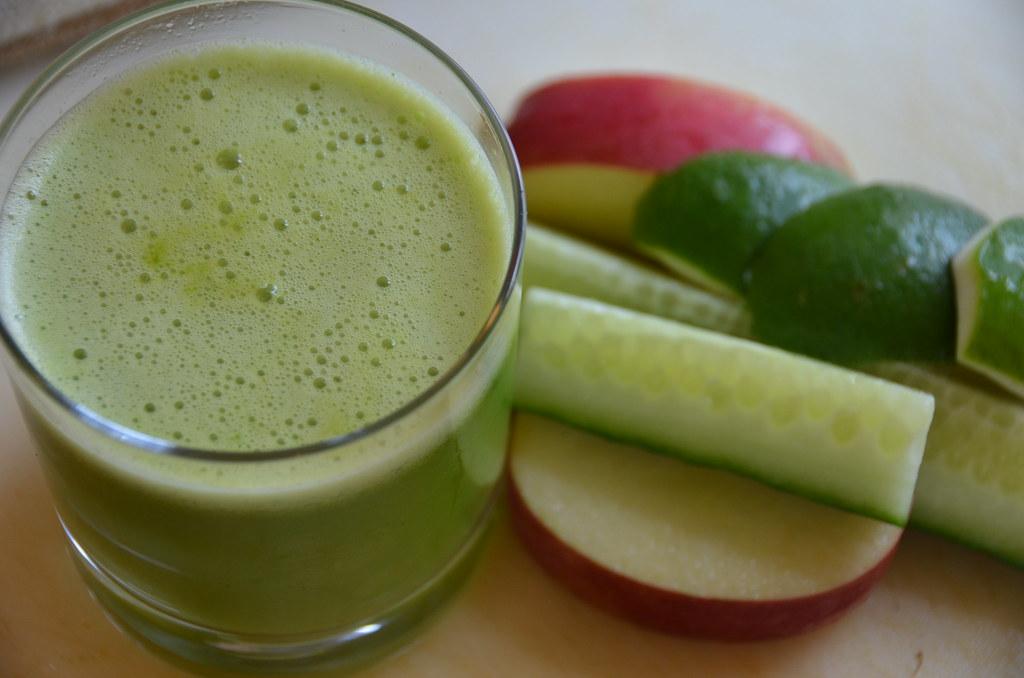
The current pandemic has revealed the gravity of inequity in the healthcare system in the United States. In addition, for years there have been well-founded critiques that our system treats symptoms rather than encouraging overall wellness. The way we currently think about health within the system advocates trusting doctors in ways that disempower people from taking control over their wellness. With these factors in mind we began to ask ourselves, “How can local communities take agency over their wellbeing in ways that they can trust?”
In addition, this health crisis has revealed a gap in wellness knowledge within local communities. Specifically, how to care for themselves outside of traditional forms of medicine (hospitals and doctors). With sick people being turned away from hospitals, many families were put in a position to learn and use home remedies and over the counter medicine to become healthy again.
In the response to COVID-19, communities have been organizing mutual aid collectives to get food, supplies, and other services to those in their community. In mutual aid groups, the concept is that the best people to assess the needs of the community are the community members themselves. These groups also hold decision-making power collectively, traditionally by consensus decision-making. Mutual aid has historically been used when systems failed to provide for basic needs. It is a reflection of the immense power we hold when we work in solidarity. In this theme we will address health autonomy as a form of mutual aid and how it can be sustained beyond a crisis. In addition to health for longevity, mutual aid tools result in greater effectiveness in organization, innovation, and building resilience within our communities.
As organizers, when we are healthy we can put in the long hours that are necessary to develop much needed alternatives in our movements. When we are healthy we can be more creative and resilient-and better utilize our time to involve people in all levels of organizing. As these times have shown, when our health suffers our economy suffers because there is no economics if the community is not healthy.
This issue will explore the possibilities of mutual aid efforts as it relates to our health and wellness. While it is understandable that some health information is specialized for good reason, we cannot settle that our health is completely out of our hands. We will explore these kinds of questions: How can we create community health systems that center the intelligence of community remedies in a safe and responsible way? What resources would a community need to feel supported in creating neighborhood health systems? What types of cooperative and related structures could best meet these goals? What can cooperativism learn from the current mutual aid initiatives? What examples are there of communities who have done this work? If they are still operating, what is the key? And if not, what was their downfall?
We will examine alternative forms of healing, imagined accounts of what health-based mutual aid can look like, how to build sustainable health autonomy, and examples of cooperative models that are rooted in community health empowerment. We hope that others can use this issue as a template to adopt in their own community, to challenge the framework of the healthcare system, and honor the wisdom within our communities. We are at a time where the systems we live under are being radically re-examined. Community control will allow us to imagine this new world together. What an exciting time to take care of each other.
Header image by berthold CC-BY 2.0
Citations
GEO Collective (2020). Health Autonomy Beyond the Pandemic: An Introduction. Grassroots Economic Organizing (GEO). https://geo.coop/articles/health-autonomy-beyond-pandemic-introduction

Add new comment